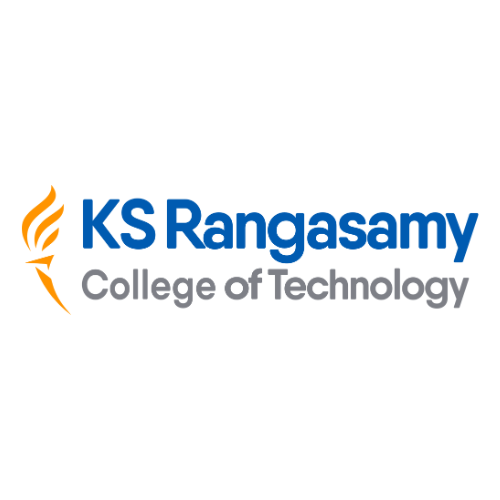Programme Specific Outcomes(PSOs):
The PEOs of the B.TECH (NANO) programme are:
PEO1: Graduates will demonstrate professional competency in Food Technology to solve problems in food science, food engineering and processing with environmental, safety and quality concerns
PEO2: Graduates will emerge as experts in recent techniques and skills which are essential in the field of food technology
PEO3: Graduates will perform as an individual and member of a team with professional and ethical behavior.
Programme Outcomes (POs) :
Engineering Graduates will be able to:
PO1: Engineering knowledge: Apply the knowledge of mathematics, science, engineering fundamentals, and an engineering specialization to the solution of complex engineering problems.
PO2: Problem analysis: Identify, formulate, research literature, and analyze complex engineering problems reaching substantiated conclusions using first principles of mathematics, natural sciences, and engineering sciences.
PO3 : Design/development of solutions: Design solutions for complex engineering problems and design system components or processes that meet the specified needs with appropriate consideration for the public health and safety, and the cultural, societal, and environmental considerations.
PO4: Conduct investigations of complex problems: Use research-based knowledge and research methods including design of experiments, analysis and interpretation of data, and synthesis of the information to provide valid conclusions.
PO5: Modern tool usage: Create, select, and apply appropriate techniques, resources, and modern engineering and IT tools including prediction and modeling to complex engineering activities with an understanding of the limitations.
PO6: The engineer and society: Apply reasoning informed by the contextual knowledge to assess societal, health, safety, legal and cultural issues and the consequent responsibilities relevant to the professional engineering practice.
PO7: Environment and sustainability: Understand the impact of the professional engineering solutions in societal and environmental contexts, and demonstrate the knowledge of, and need for sustainable development.
PO8: Ethics: Apply ethical principles and commit to professional ethics and responsibilities and norms of the engineering practice.
PO9: Individual and team work: Function effectively as an individual, and as a member or leader in diverse teams, and in multidisciplinary settings.
PO10: Communication: Communicate effectively on complex engineering activities with the engineering community and with the society at large, such as, being able to comprehend and write effective reports and design documentation, make effective presentations, and give and receive clear instructions.
PO11: Project management and finance: Demonstrate knowledge understanding of the engineering and management principles andapply these to one’s own work, as a member and leader in a team, to manage projects andin multidisciplinary environments.
PO12: Life-long learning: Recognize the need for, and have the preparation and ability to engage in independent andlife-long learning in the broadest context of technological change.
Programme Specific Outcomes(PSOs):
Engineering Graduates will be able to:
PSO1 : Analyse and synthesize new Nano materials for multiple applications.
PSO2 : Design processing conditions to engineer functional nanomaterials
PSO3 : Apply and transfer interdisciplinary systems and Engineering approaches to the field of Nanotechnology



